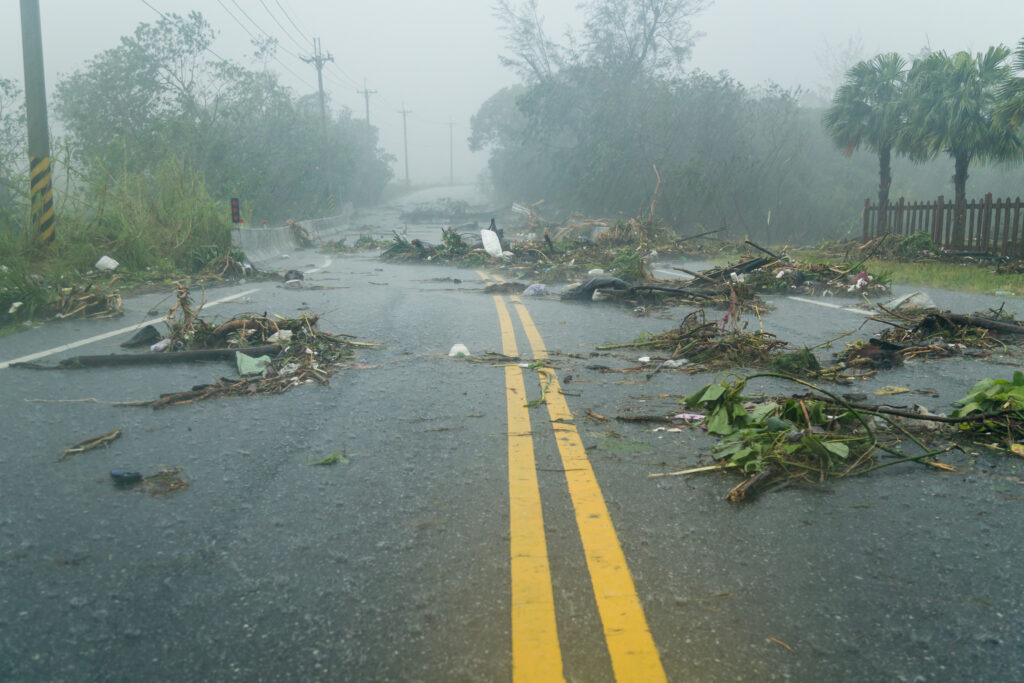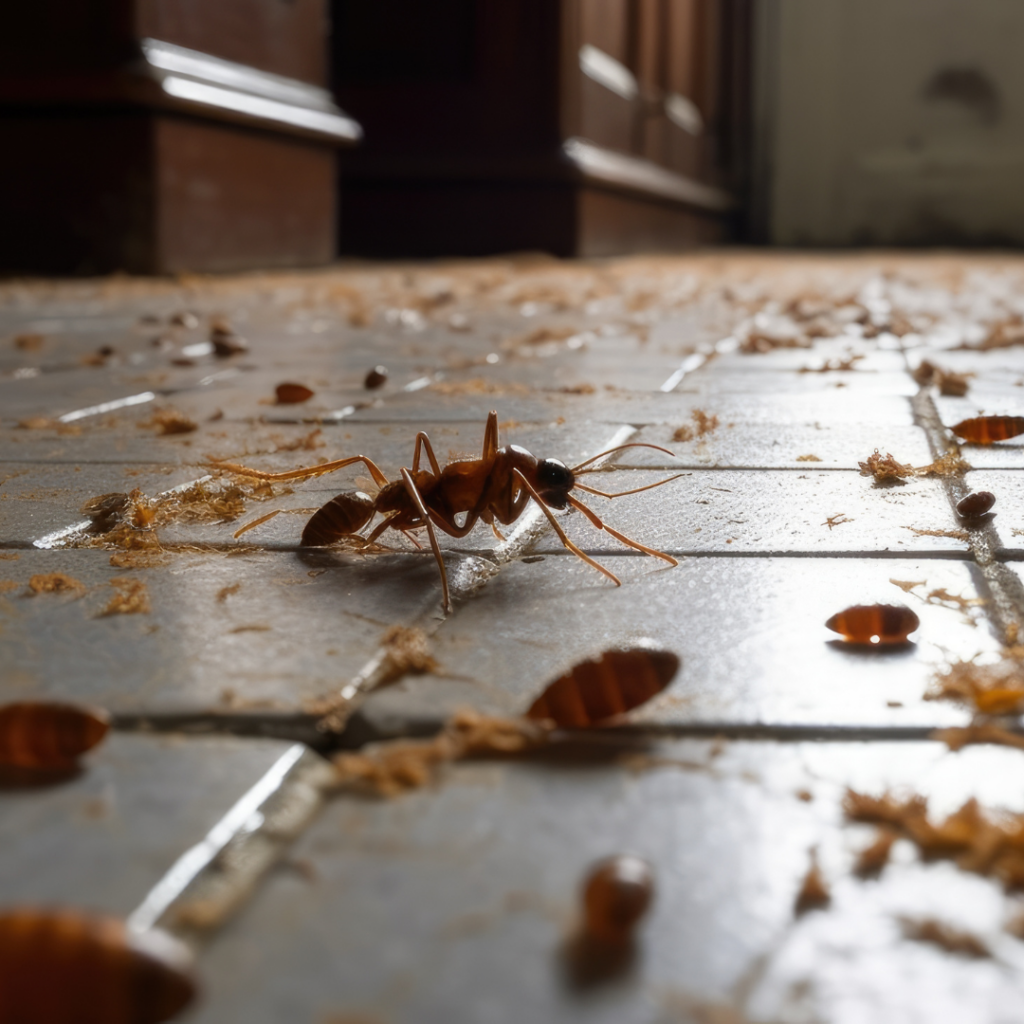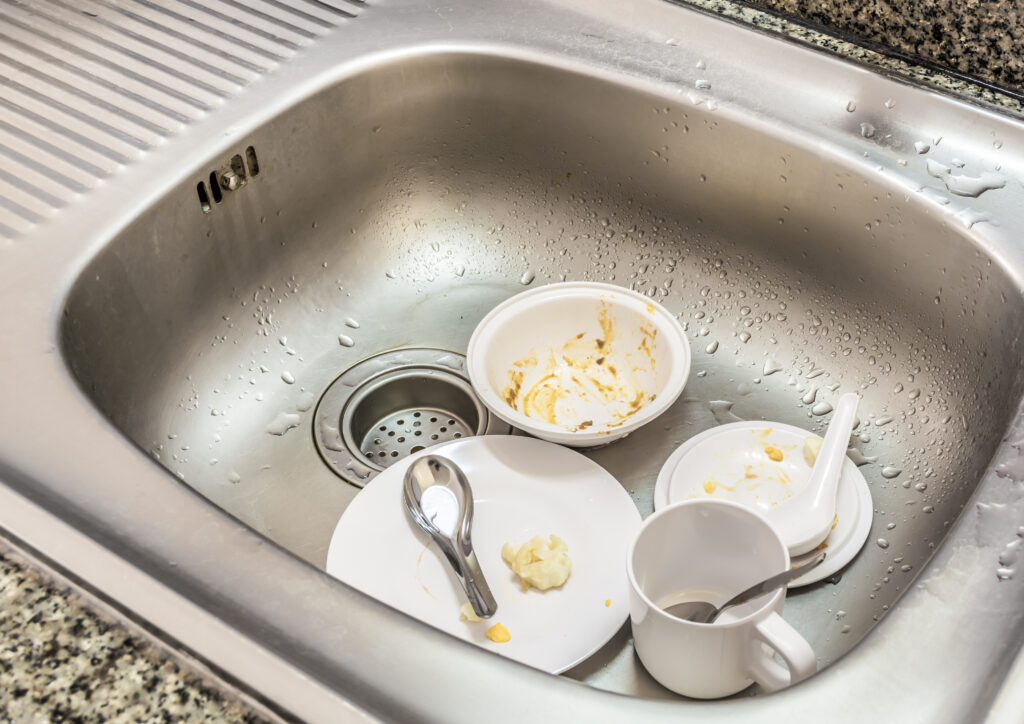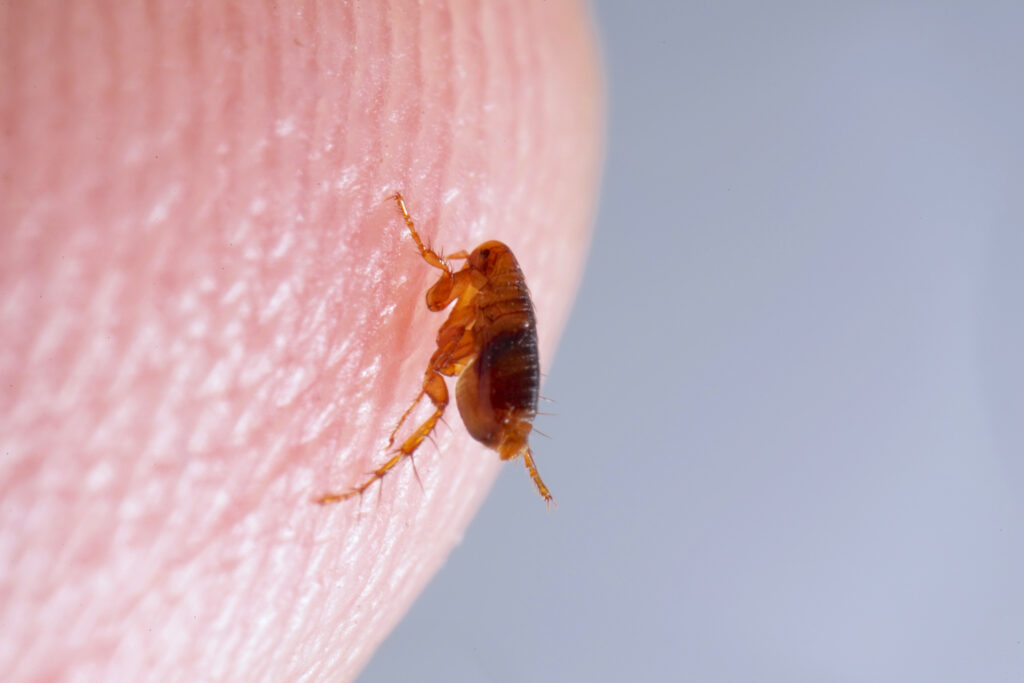
The National Oceanic and Atmospheric Administration (NOAA) predicts above-average activity this year. If this sounds familiar, that’s because 2022 would be the seventh consecutive year with above-average hurricane activity. Some contributing factors include the ongoing La Niña conditions, warmer surface temperatures in both the Atlantic Ocean and Caribbean Sea, and enhanced West African monsoons.
The Colorado State University Tropical Meteorology Project experts went further, stating that the 2022 Atlantic hurricane season will be “well above average.”
Storms wreak havoc as they tear through the state, including contributing to pest problems. This is true of hurricanes as well as storms that don’t officially reach that status. Here are a few reasons why:
- Heavy rainfall often results in significant amounts of standing water, which is ideal for mosquito breeding. In fact, these pests only need half an inch of standing water for breeding purposes. When gutters overflow, this adds to the water problem and the resulting mosquito populations.
- Heavy winds can damage properties, creating entryways for rodents and other pests to find shelter in homes. Mice can even swim to higher ground. Plus, do you know what creatures are especially capable of surviving flooding? Fire ants. They’ve been known to create giant rafts out of their living bodies to collectively save themselves during a flood.
- Storms create debris, such as fallen trees or branches, which can become very effective hiding and breeding sanctuaries for pests.
In response to this year’s predicted above-average hurricane activity, it’s best to be proactive with your pest control and other precautions to protect your home.
Conduct a Home and Property Inspection
We recommend starting by performing an inspection of your property. This is a good way to determine the next steps you will need to take for your unique property and concerns. Every home is different, but they will all show wear and tear over time.
- Walk around and through your home to identify structural problems that could worsen if a hurricane hits. Make any repairs that you can.
- Ensure that your rain gutters are clear. Then, make sure that any rainfall flows from the gutters away from your home’s foundation. If not, address this issue.
- Move any wood piles or other debris away from your home’s foundation.
- Seal up potential entry points, including small cracks and crevices. Some rodents only need a quarter of an inch opening to sneak inside your house.
- Make sure that screens on doors and windows are in good shape as well as any weatherstripping.
If a hurricane watch or warning exists for your area, move anything in your yard that could blow around including toys, grills, potted plants, garbage bins and lids into a garage or other sturdy shelter. This will help keep them from blowing around and becoming flying objects that can damage your home. Do this as part of your procedure when boarding up windows and doors and otherwise prepping for the storm.
If a significant storm occurs, conduct another house and property inspection after it has passed, and make any necessary repairs to protect yourself and your home from the next storm.
Manage Standing Water
Rather than waiting until standing water is significant, it is advisable to manage this issue on an ongoing basis. This involves identifying places where water collects—such as flowerpots and saucers, grill covers, bird baths, children’s toys, and so forth. If a hurricane is predicted, you can move these items into a garage so they don’t get damaged or fill up with water. With a lesser storm, you could flip many of these items upside down to prevent water collection. Then, after the storm, check for any sources of standing water and address them, as they will become breeding grounds for mosquitoes.
When you’re checking for mosquito breeding areas, wear clothing to protect yourself against potential bites and apply an EPA-approved repellent on exposed skin where mosquitoes can still bite you. Besides being annoying, these insects can carry and transmit a wide range of dangerous diseases, including dengue fever, the Chikungunya virus, West Nile virus, malaria, the Zika virus, and more.
Inspect for Water Damage
Heavy rainfall can go beyond creating the ideal environment for mosquitoes. Damp debris and rotting wood can serve as an invitation for termites. This destructive pest quite literally causes billions of dollars of property damage annually.
And termites aren’t the only critters that are attracted to debris, very wet soil can create problems as ants and other creatures that typically live underground will move upwards. Cockroaches also gravitate to moist conditions, and nobody needs a cockroach infestation on top of storm and water damage.
Although some gathering of excess water may be obvious shortly after the storm, it’s important to remember what you can’t see. Wooden structural portions of your home may hold onto moisture. This can lead to ongoing growth of mold and mildew, and continual rotting of the wood—ideal circumstances for termites, carpenter ants, and more.
Addressing Power Outage Issues
If a power outage is prolonged, food will spoil in your home. This will attract a wide range of unwanted pests: flies, ants, roaches, rats, mice, and more. Put any spoiled food into tightly sealed bags and then into sealed trash cans that are kept away from your home as soon as possible to try and avoid the onslaught of unwelcome visitors.
Post-Storm: Displaced Wildlife
During a hurricane, rats, mice, snakes, and other unwanted critters will look for dry ground, which can include your garage, crawl space, or even your living space. They may seek higher ground, such as your attic. During a hurricane, the homes of wildlife will be destroyed, just as the homes of people can be. As such, displaced pests and wildlife will look for new shelter.
They may also gather in debris formed by the hurricane. So, after the storm ends, it’s important to inspect your home and property; however, if you believe a wild animal has turned your home into theirs, please do not attempt to catch the animal yourself. We urge everyone to put the health and safety of the people and pets in the house first and call in a professional to handle any 4+ legged intruders. Please remember that no matter how cute the animal may be, wild animals can be dangerous and unpredictable when cornered or otherwise approached. Wildlife control professionals will know where to look and how to safely handle the wildlife and other pests that may be in your home or yard.
Contact Pest Control Experts
Turner Pest Control offers all of the residential services you’ll need. We start with a free home inspection and no-obligation quote for the services you need: rodent control, mosquito control, termite control, lawn and outdoor services, and more.
Protect your home and family from pest problems during hurricane season and the rest of the year with professional pest control services.



